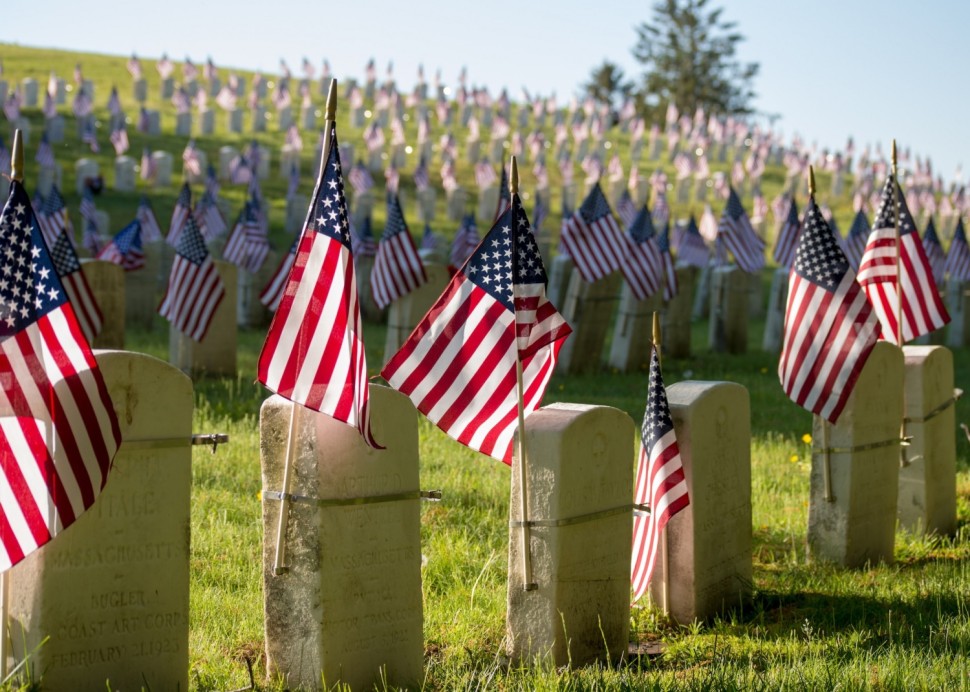New York Governor Kathy Hochul's decision to veto a bill that would have reformed the state's decades-old wrongful death statute has met with criticism, particularly from the families of elderly victims slain in the horrific Buffalo supermarket massacre. The Grieving Families Act, designed to allow courts to consider grief and loss in deciding on compensation amounts, irrespective of the deceased's income potential, was snubbed by Hochul, sparking a wave of outrage.

Why Did the Bill Matter to Grieving Families?
The legislation, had it passed, would have provided an 18-month extension for presenting wrongful death cases in court while giving families the chance to claim compensation for funeral costs and loss of companionship.
Families of those tragically taken in the mass shooting at Buffalo's Top's grocery store on May 14, 2022, petitioned Hochul to sign the bill. The relatives believe the antiquated statute, originating from Civil War times, inherently discriminates against and undervalues the lives of young and elderly victims, like those who fell in the massacre.
Garnell Whitfield, a retired Buffalo Fire Commissioner whose mom was among those slain, voiced his dismay: "It's a slap in the face," Whitfield said. "My mom was 86 years old, but what makes her life any less valuable than anyone who is working?"
Understanding the Governor's Stand on the Issue
Mark Talley, whose late mother was one of the Buffalo victims, said Hochul's veto didn't surprise him, hinting at how government work involves tough decisions. And while the governor endured criticism, she also defended her stand.
In an op-ed in the New York Daily News, hours before the signing deadline, the governor cited experts' warnings about the unintended consequences of the far-reaching legislation. Hochul expressed concerns about an increase in already high health insurance premiums, potentially creating significant economic burdens, particularly on struggling hospitals, including public ones serving disadvantaged communities.
Though acknowledging the current law reinforces "historic patterns of structural inequity and racism," Hochul blamed the legislature for the veto, accusing it of failing to negotiate a scaled-down bill. She also expressed concerns about the lack of a thorough impact analysis on the economy, small businesses, individuals, and the state's healthcare system.
Mixed Reactions and the Need for Legal Assistance
Despite criticism, Hochul's decision found support from the executive director of the New York Lawsuit Reform Alliance, Tom Stebbins.
Calling the veto moment a sigh of relief for small businesses and the healthcare workforce, Stebbins emphasized the need for balanced reforms to control New York's litigation climate.
On the contrary, the New York Trial Lawyers Association accused the governor of siding with insurance companies, the healthcare industry, and big corporations and dodging accountability for negligent homicides.
Given the situation's complexity and the potential implications that such statutes bear on victims' families, experienced legal representation is critical. Legal help is crucial in navigating the complex and often confusing terrain of law surrounding wrongful deaths, especially when accountability and justice are at stake.
Whether it's understanding the dynamics of a case or ensuring fair compensation, having an experienced lawyer by your side helps. The importance of experienced, empathetic legal assistance in such scenarios cannot be overstated.
So, contact a professional lawyer today if you or someone you know is grappling with such circumstances. It's your right to seek justice; the right legal help can make this journey less daunting.




